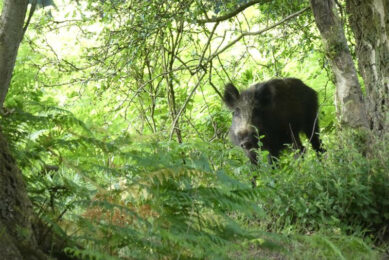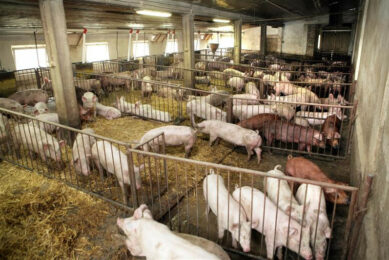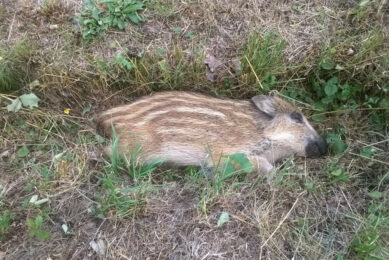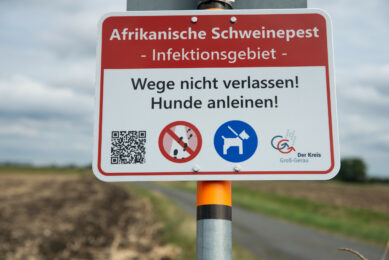ASF Germany: restricted area reduced
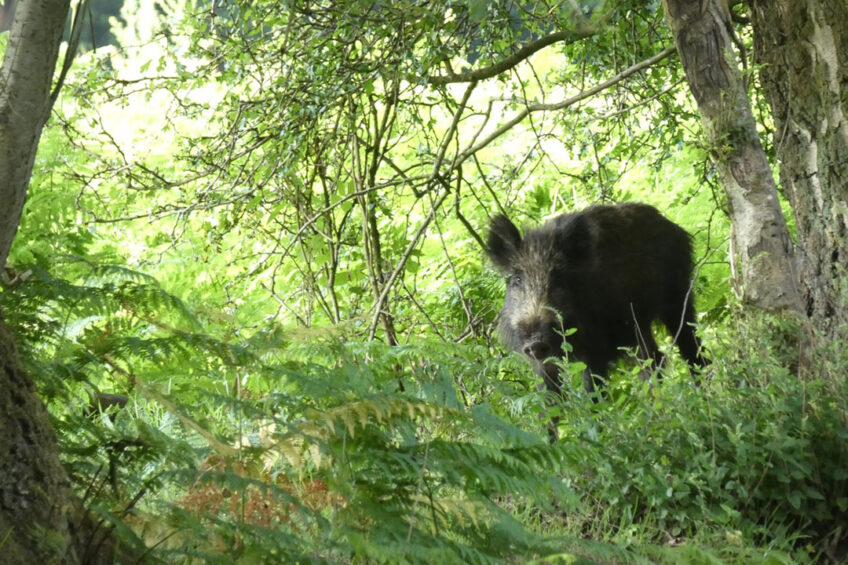
Parts of the state of Brandenburg have not been diagnosed with African Swine Fever (ASF) for almost 2 years. Those areas are now officially disease-free.
The restricted zones due to ASF in the German state of Brandenburg are partly lifted. That is what the government of the state has announced. Since 20 July, parts of the districts of Oder-Spree and Dahme-Spreewald are no longer classified as Sperrzone II, or infected restricted area. It covers an area of 1,300 km². The adjacent buffer zone will also be reduced.
European Commission agrees to reduction
The European Commission has agreed to the request to reduce the restricted area. This means that these areas are officially ASF-free. A wild boar last tested positive for ASF in the infected area on 29 October 2021. The virus has not been detected in the area for 19 months so the European conditions for lifting the restrictions have been met.
Brandenburg has been struggling with ASF since 10 September 2020. So far, 3,176 cases of ASF have been identified in wild boars. Earlier this year, the state announced that an application had been sent to Brussels requesting that part of the restricted area be lifted.



